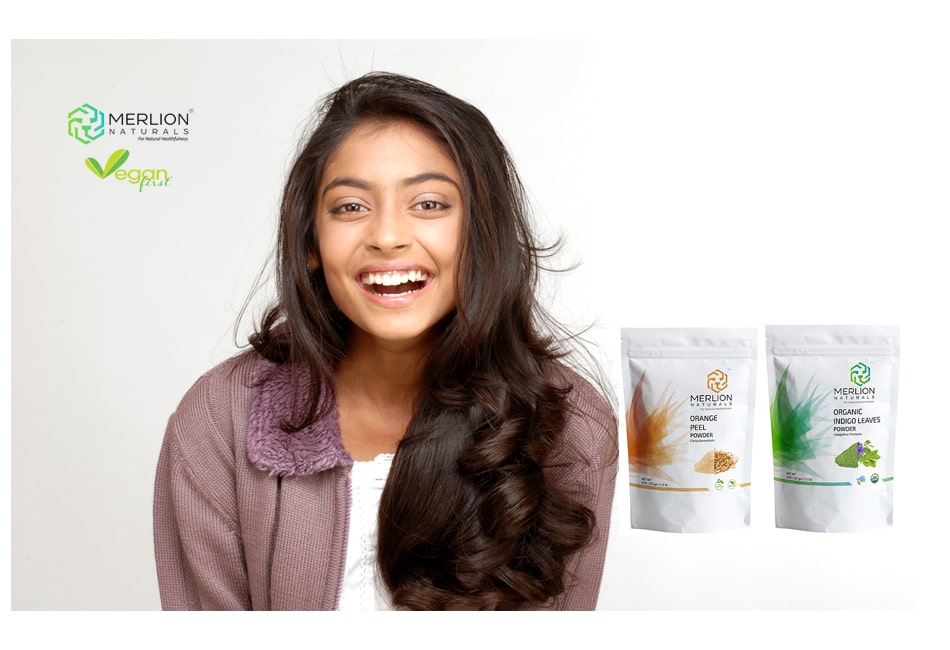Download Free Vegan Starter Kit -
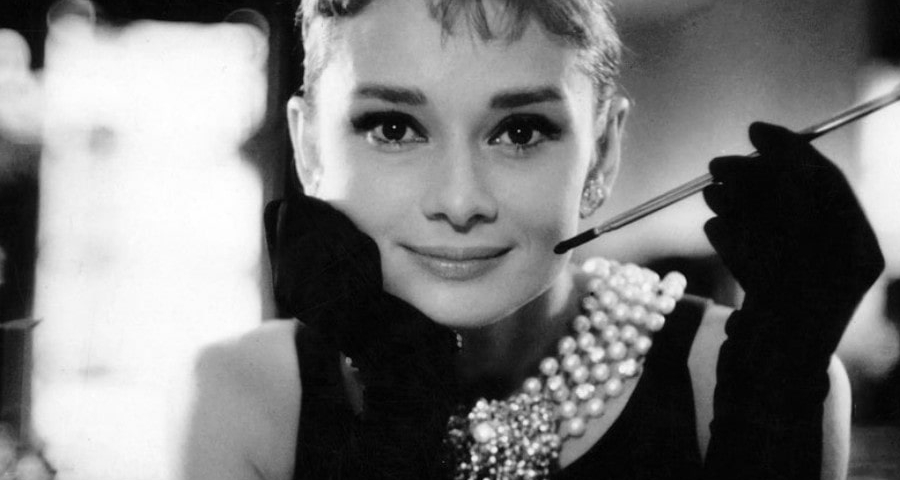
Pearls: Worth It Or Not?
It’s quite an iconic image – Audrey Hepburn as Holly Golightly, the chic New York socialite in a black dress with a string of pearls that frame her collarbone.
Pearls have timeless appeal and are a wardrobe staple for most Indian women, whether it’s a traditional saree or a sleek business suit (both Indira Gandhi and Indra Nooyi have been known to favour pearls).
And it’s not limited to jewellery - pearls and seashells are often used in clothing, furniture and home décor, even cutlery and crockery.
How Pearls Are Formed
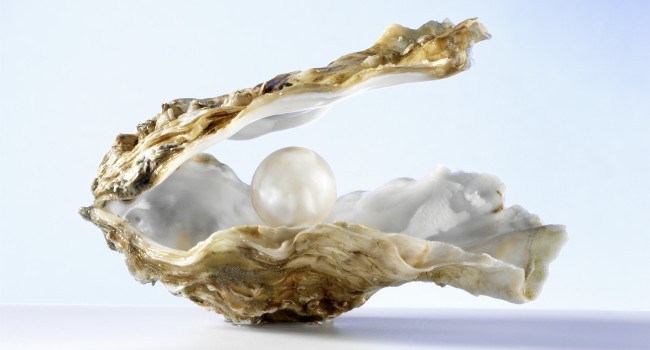
We’re all aware that pearls come from oysters. If you remember your science lessons from school, you know that pearls are formed when a grain of sand (or an “irritant”) slips between the oyster’s shells and into its organs.
To protect itself, the oyster begins to release layer upon layer of a crystalline substance called nacre (or mother-of-pearl), to coat the grain of sand. And slowly, a perfect, round pearl is formed.
So if this is the byproduct of a living creature trying to protect itself – are we at liberty to use it as we please?
- Is it ethical to wear them?
- Do oysters feel pain?
- Are pearls vegan?
Do Bivalves Feel Pain?
Oysters, clams, scallops and cockles belong to the bivalve family - a group of organisms with a compressed body that's enclosed in a hinged shell.
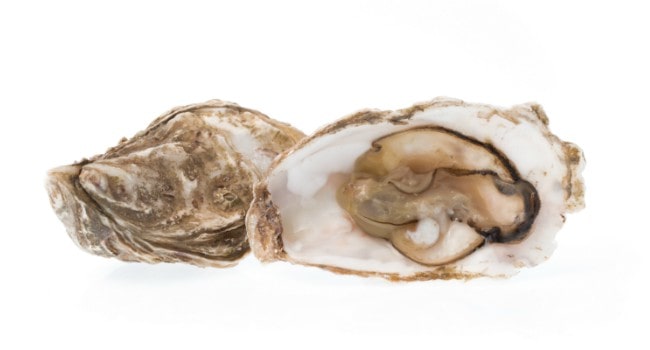
Bivalves
According to a neuroscientist and musician, Brian Manowitz, known as The Vegan Black Metal Chef on YouTube, although bivalves have no central nervous system, they can feel pain. He states,
“The bivalves have precursors to a central nervous system. They have nerve ganglia. Even if they are not all connected as a brain, there are little clusters of nerves, which is almost like a pre-brain. We have nerve ganglia too. These are sort of like mini-brains, so our brain doesn’t have to do all the work.”
Brian Manowitz
A research paper from the University of Florida says that generalised molluscs have two paired nerve cords or three in bivalves. Most molluscs have eyes, and all have sensors to detect chemicals, vibrations, and touch. They can, therefore, feel pain.
The Grain Of Truth
The truth is not many tiny organisms or grains of sand enter oysters – which means that less than one pearl is found in 10,000 wild pearl oysters.?
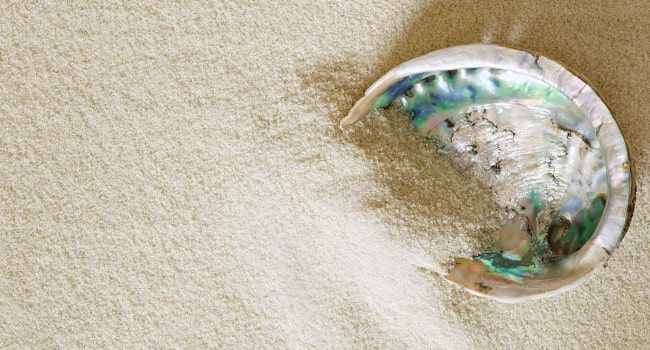
Mother Of Pearl
This is why humans interfere and surgically open the oysters and artificially insert the organisms between the shells.
This causes stress and disturbance to fully conscious oysters, forcing them to go into overdrive and produce more nacre (and thus, more pearls). Around half of the oysters survive this process. After the produced pearls are removed, some oysters are forced to go through the same process again, while the rest are murdered and discarded.
Using the shells for decoration and jewellery is as cruel as using pearls. Bivalves have to die to give their seashells, which are basically their home.
What To Wear?
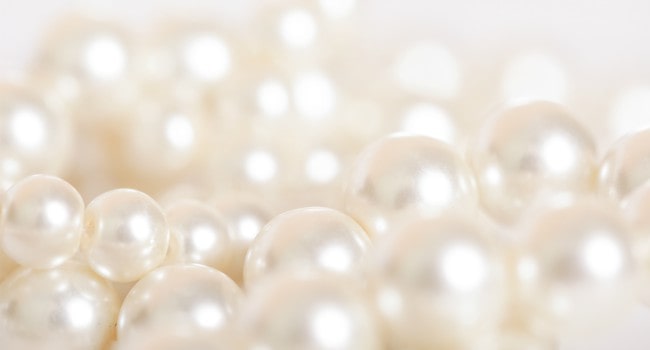
Instead of genuine pearls, we can easily find faux pearls that look absolutely fabulous. Plus, with so many innovative, cruelty-free jewellery pieces in the market - from cloth to upcycled saree beads to terracotta - there's plenty to choose from. Here’s a list of some of our favourites below!
Now you can wear beautiful jewellery with a clear conscience!
Like this?
AUTHOR
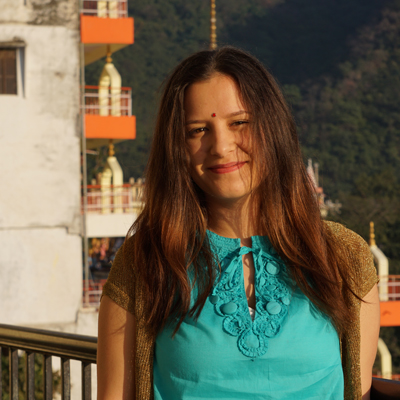
trending
Be a Vegan First Informer
Send us buzzworthy news and updates
Explore
Contact Us
About Us
Stay Connected
Copyright ⓒ 2017-2023. VEGAN PASSION PRIVATE LIMITED. All Rights reserved.
For more information, please write to hello@veganfirst.com
Registered Office Address: 55, 2nd floor, lane 2, Westend Marg, Saidullajab, Near Saket Metro Station, New Delhi, Gadaipur, New Delhi South West Delhi, DL

2.png)

.png)

.png)
2.png)
2.png)
2.png)


1.png)

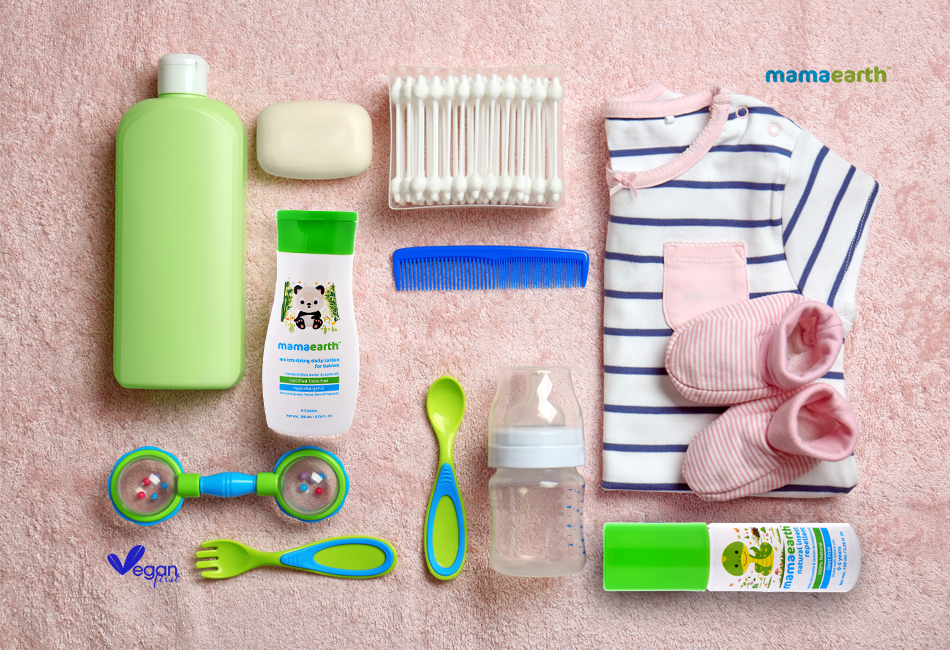
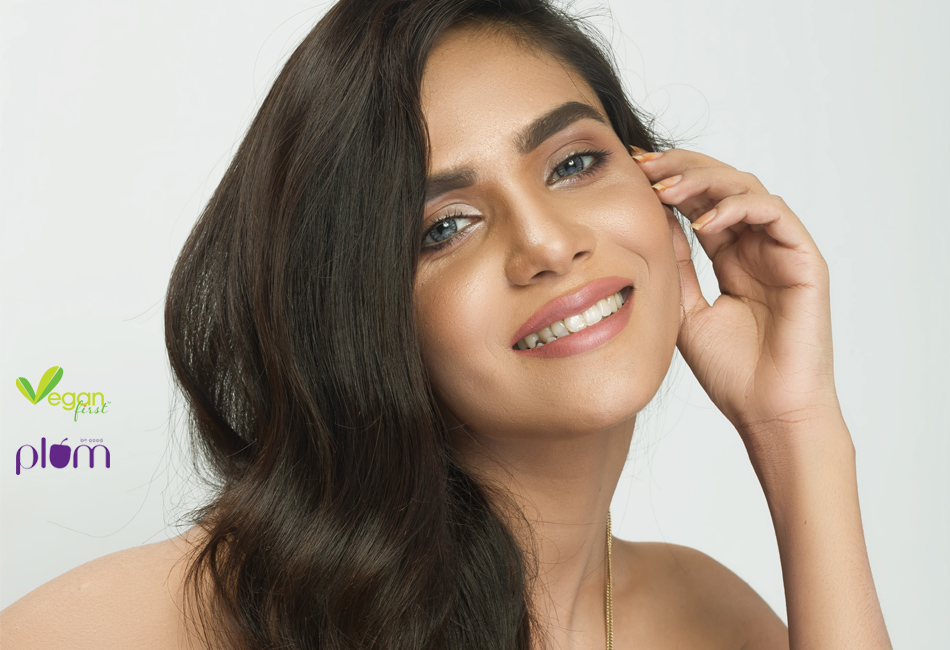
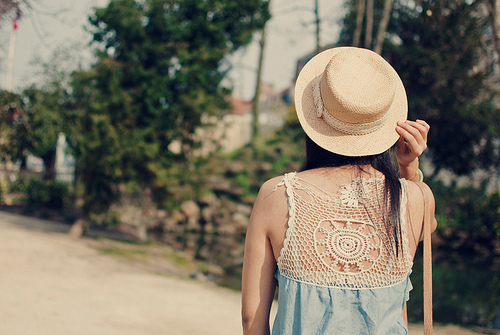
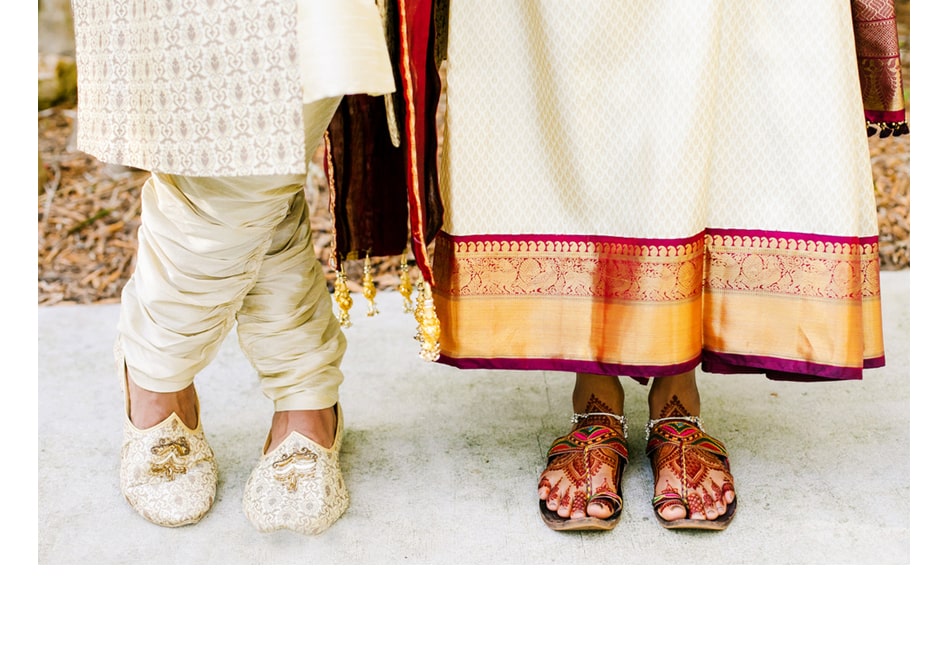
_(5)4.png)

